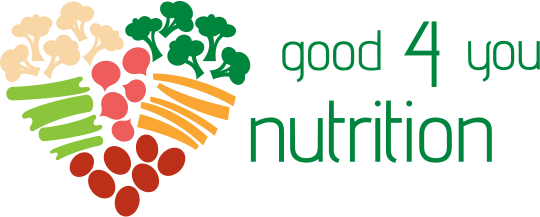Eating Disorders
Posted on June 3rd, 2016
Last week I was lucky enough to attend the National Eating Disorders Collaboration that ran for 3 days at the Rockhampton Base Hospital conducted by EDOS.
Eating disorders are becoming more and more prevalent among all age groups with the ages (14-25yrs) becoming more likely to develop distorted eating habits. Whether you are suffering from Anorexia Nervosa, Bulimia Nervosa or Binge Eating, all are extremely serious conditions and can lead to being life threatening.
The mindset of the individuals suffering from eating disorders is distorted. They honestly and actively believe that nothing is wrong with them. Family engagement and support becomes critical to the affected individuals in order to overcome an eating disorder.
It is important to note that not all people who are suffering from an eating disorder are extremely thin, often times they can be at what people consider normal weight or overweight.
Carmel and Elain from EDOS discussed certain areas in which people with eating disorders differ to those without.
- Emotional Style – often less resilient, more anxious and more stressful than other people. From a young age they may have what seems to be a ‘turbo charged’ anxiety system and therefore need to learn strategies to cope. They also may have dysregulated moods. Often very dedicated, have good attention to detail and are often academically gifted in nature as well.
- Thinking Style – show good cognitive ability, great ability to focus and concentrate and are often perfectionists. They believe that they are ‘very’ fat and fear the worst, often have an increased drive to be thin. They essentially believe that being thin will make themselves feel better even if being thin is not what is actually bothering them. It could be an underlying problems such as; sexual abuse, family troubles or other trauma of some kind.
- Pro Anorexia Nervosa Thinking – To them it feels right to be doing this and that they need to just keep going and not stop. This is the hardest component for parents and family to understand and comprehend.
- Interpersonal Factors – they often become distant and lose friends due to social activities that require eating and become isolated as their disorder becomes so secretive.
Parents find this extremely difficult to understand and often feel:
- They are to blame
- They are walking on eggshells arounds their child
- Feel uniformed, helpless and frustrated
- Struggle with stress, anxiety and depression of their own
There are many different techniques that can be utilised for the management and treatment of anorexia. Ideally management of anorexia starts with early identification, stepped care and treatment sequencing along with support, particularly family support. Treatment aims to medically stabilise the individual, restore weight/nutritional rehabilitation followed by some form of psychotherapy such as Cognitive Behaviour Therapy (CBT) which has proven to be very effective.
In terms of addressing eating for anorexia patients EDOS discussed the acronym they utilise called RAVER.
- R = Regularity of Food
- A = Adequacy of Food
- V = Variety
- E = Eating Out and Experimenting
- S = Spontaneous
It is very important to manage and treat the psychological effect anorexia has on the individual in terms of mindful awareness and emotions. It is essential for the patient to understand their emotions (fat and thin are not emotions) and how to better deal and manage these emotions as opposed to using binge eating, exercising or starvation as coping mechanisms.
If you know of anyone who is suffering from an eating disorder, please seek professional help. Working with Psychologists, Nutritionists/Dietitians and a support organisation such as EDOS can be very effective.
Useful Books
- Skills-based Learning for Caring for a Loved One with an Eating Disorder – The New Maudsley Method – by Janet Treasure, Grainne Smith and Anna Crane.
- Overcoming Binge Eating – by Dr Christopher G Fairburn.
Useful Phone Applications
- Recovery Record
- Rise Up + Recover
